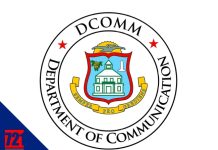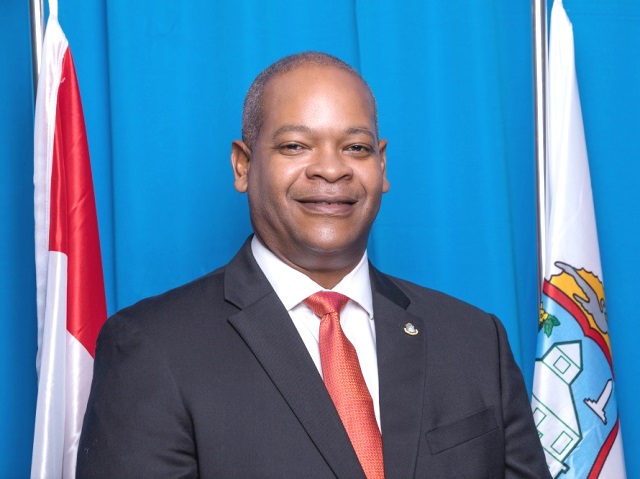SINT MAARTEN (POND ISLAND) – The United Nations (UN) Security Council recently adopted Resolution 2462 on Countering the Financing of Terrorism which is seen as a landmark step in suppressing the funding of terror groups worldwide.
The UN Office of Counter-Terrorism (UNOCT) says that terror groups continue to have access to both legal and illegal sources of funding, and therefore underscores the necessity for strong collaboration and targeted efforts in order to achieve concrete results in the fight against terrorism and terrorist financing.
Minister of Justice Cornelius de Weever on Friday said that Sint Maarten is also in the process of doing its part with three pieces of legislation including the National Ordinance to Combat Money Laundering and Terrorism Financing that is awaiting parliamentary approval.
“Sint Maarten as a country has a responsibility to comply with international obligations that includes the aforementioned. We have to comply with 40 Financial Action Task Force (FATF) recommendations and I am looking forward to the House of Parliament passing the three ordinances or amendments thereof.
“Sint Maarten as a country within the Kingdom of the Netherlands is part of a larger community that must be in sync with global trends and developments, and the most recent UN Security Council Resolution calls on nations to do more in the fight against terrorism,” Minister of Justice Cornelius de Weever said on Friday.
The Security Council Resolution calls for the UNOCT which was established in 2017, to strengthen the Organization’s ability to implement the global counter terrorism strategy; to play a leading role in identifying ways to suppress terrorist financing.
A priority for the UNOCT is for it to work closely with the FATF, the inter-governmental body which sets standards for combating money laundering, terrorist financing and other related threats to the integrity of the international finance system; and regional regulators.
The President of the FATF briefed the UN Security Council stating that, currently two-thirds of States are not effectively prosecuting terrorist financing, which extends well beyond the banking and financing sectors, to include construction, drug trafficking and even the used car trade.
The head of the FATF also reportedly said that the fight against terrorism, terrorist financing and money-laundering, must not adversely affect financial inclusion initiatives, that enable access to banking services.





























